Over the centuries, Egyptian cuisine has incorporated both Mediterranean and Middle-Eastern culinary traditions. Today, it is based mostly on legumes and vegetables. Meat is rarely consumed. There is little cattle breeding in Egypt, making beef very expensive. A typical Egyptian meal starts with appetizers called mezze. The most common mezze are sambousek, fried stuffed pastry filled with either meat or cheese, and falafel, also known as t'aamiyya. These are a rounded, meatball-like food made from chickpeas or fava beans, seasoned with spices and deep-fried. The real Egyptian specialty is fuul, fava beans left to soften in water and then boiled. Fuul can be served in a variety of ways, seasoned with oil and lemon, or reduced to a cream. Hummus is a dip made from chickpeas, and used to stuff pita bread, the typical Arab flatbread. The most popular vegetables include Okra, derived from a variety of hibiscus, and eggplants. Baba ghanoush, for example, is a creamy dip made from cooked and blended eggplants, seasoned with garlic, oil, lemon and tahini, a sauce made from sesame seeds.
An Egyptian meal always includes the kushari, a dish prepared with rice, pasta, fried onions, chickpeas and lentils. It is covered with a spicy tomato sauce prior to being served. Egyptian cuisine also offers a large variety of desserts. There is baklava, a sweet pastry made of layers of phyllo dough, widely used in the Middle East. Another popular dessert is muhalabiyya: milk cream and dough, topped with minced almonds and aromatized with rose water. Karkady, a drink made from hibiscus flower that helps people fight the heat, can be served both cold and hot. It is also possible to buy freshly squeezed fruit juices from street stands.
Egyptian cuisine is very rich and flavorful. Egyptians use of a large quantity of vegetables, providing the appropriate amount of vitamins and minerals. Fiber-rich legumes help regulate blood cholesterol levels. Bread continues to play a predominant role in Egyptian cuisine, just as it did in ancient times. It accompanies every meal and it is referred to as Eish Masri or Eish Baladi, meaning life. At the table, bread can sometimes take the place of utensils, and is used to scoop up and accompany food to the mouth.
An Egyptian meal always includes the kushari, a dish prepared with rice, pasta, fried onions, chickpeas and lentils. It is covered with a spicy tomato sauce prior to being served. Egyptian cuisine also offers a large variety of desserts. There is baklava, a sweet pastry made of layers of phyllo dough, widely used in the Middle East. Another popular dessert is muhalabiyya: milk cream and dough, topped with minced almonds and aromatized with rose water. Karkady, a drink made from hibiscus flower that helps people fight the heat, can be served both cold and hot. It is also possible to buy freshly squeezed fruit juices from street stands.
Egyptian cuisine is very rich and flavorful. Egyptians use of a large quantity of vegetables, providing the appropriate amount of vitamins and minerals. Fiber-rich legumes help regulate blood cholesterol levels. Bread continues to play a predominant role in Egyptian cuisine, just as it did in ancient times. It accompanies every meal and it is referred to as Eish Masri or Eish Baladi, meaning life. At the table, bread can sometimes take the place of utensils, and is used to scoop up and accompany food to the mouth.
RELATED
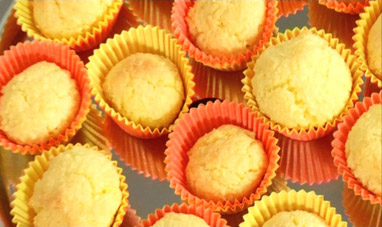

COCONUT DELIGHTS


SHANGHAI
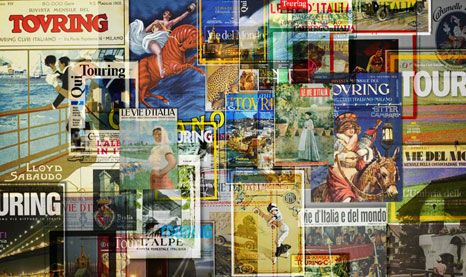

ITALIAN TOURING CLUB


BRAZIL
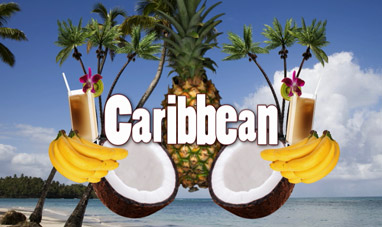

CARIBBEAN CUISINE
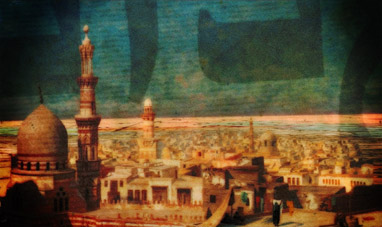

BAGHDAD
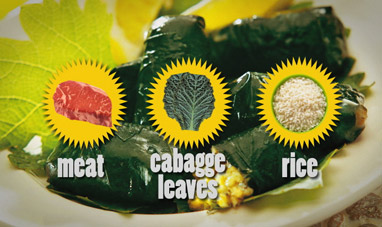

GREEK CUISINE
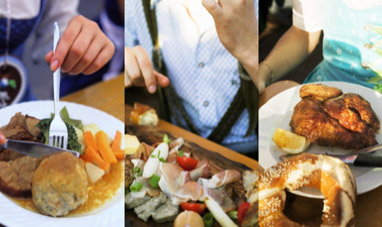

BAVARIAN CUISINE
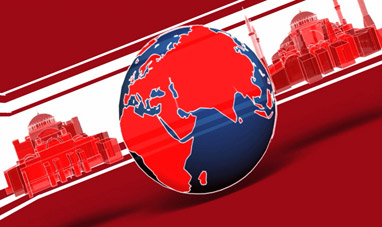

HAGIA SOPHIA
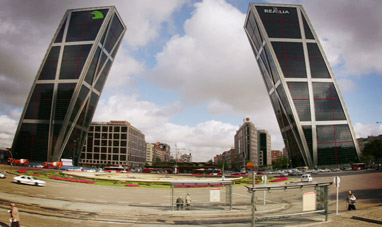

MADRID


ABU DHABI


THE ACROPOLIS IN ATHENS
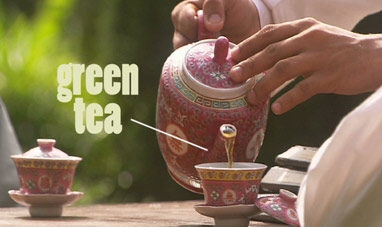

CHINESE CUISINE
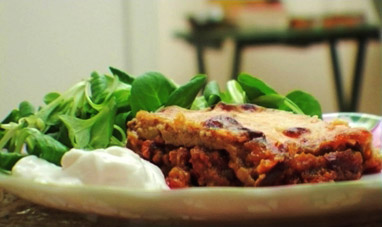

MOUSSAKA


LONDON


VIENNA


NEW YORK
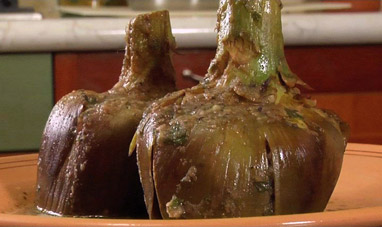

ROMAN-STYLE ARTICHOKES
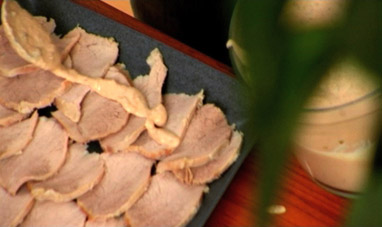

VITELLO TONNATO
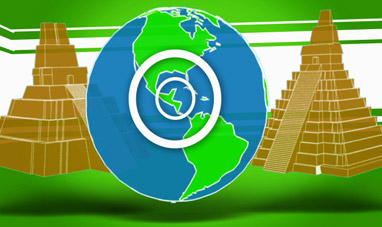

MAYAN MONUMENTS: UXMAL, TIKAL AND PALENQUE
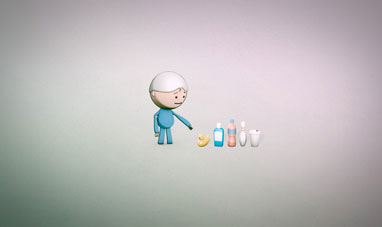

WASTE IN THE WORLD
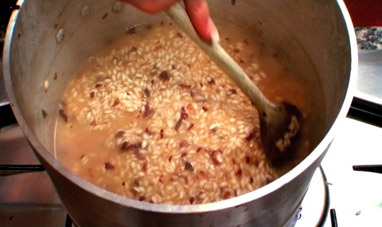

SHRIMP RISOTTO
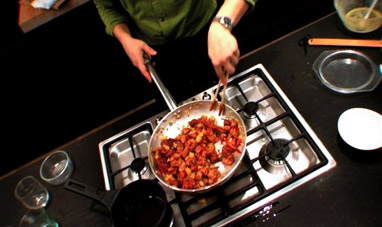

SWEET AND SOUR PORK


AMSTERDAM
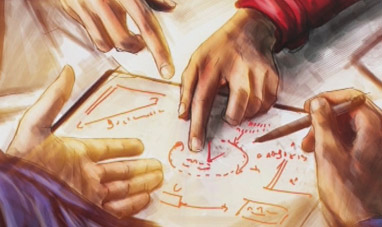

BUILDING THE SUEZ CANAL
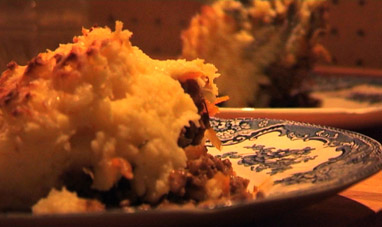

SHEPHERD'S PIE
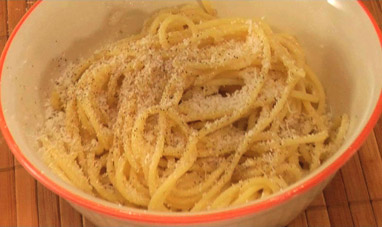

PASTA CACIO E PEPE


THE SUEZ CRISIS


INTELLIGENCE JULY 2015
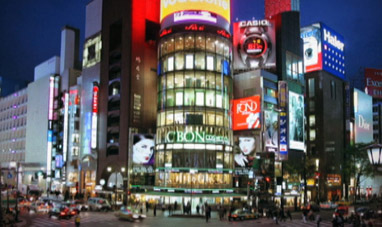

TOKYO
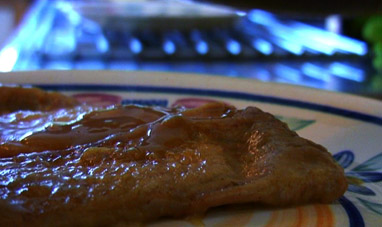

SCALOPPINE IN WHITE WINE SAUCE
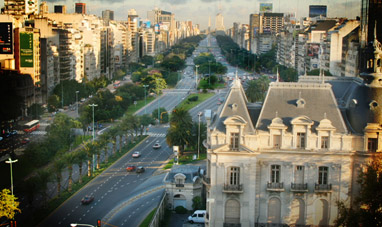

BUENOS AIRES
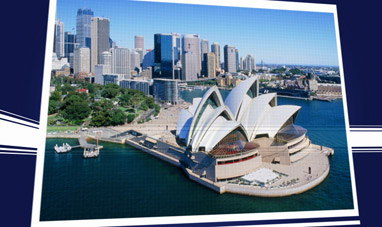

SYDNEY OPERA HOUSE
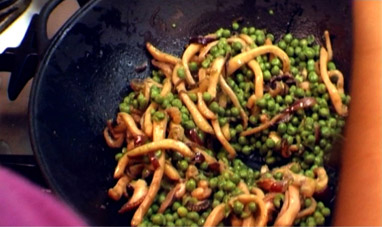

SEPPIOLINE WITH PEAS
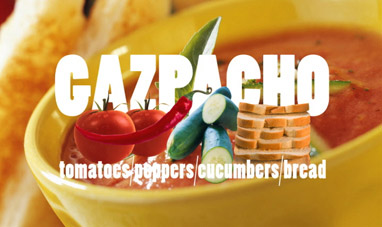

SPANISH CUISINE


VODKA
